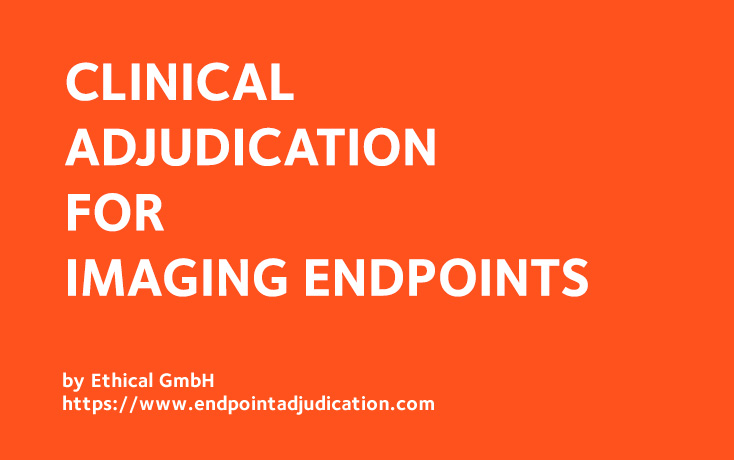Complex clinical trials with composite outcomes and surrogate endpoints are typical cases for clinical adjudication. As a matter of fact, regulatory agencies are more and more inclined to request clinical adjudication in such studies to reinforce the value and accuracy of the results and remove bias.
But are these the only cases where clinical adjudication is useful and could even be a requirement?
Today, in many disease areas, disease assessment and progress, drug effect and even patient eligibility rely on more than just numeric values of vital signs and laboratory tests.
Clinical evaluation by the treating physician is of course and will always be the key to diagnosis and disease management but in the context of a clinical trial, objective measures are key for proving the efficiency and safety of new drugs. In order to collect such information, imaging techniques such as CT scan, Echocardiography, endoscopy and MRI are increasingly used.
The difficulty is that these techniques rely heavily on the skills of the operator and the eye of the reader.
This is where clinical imaging adjudication comes into play.
A well thought and well-organized clinical adjudication process, supported by a performing electronic adjudication software, allows for inter- and intra-reviewer verification and quality control and greatly enhances the accuracy of the review.
DOWNLOAD NOW THE FREE ENDPOINT ADJUDICATION HANDBOOK
The Complete Manual / Reference Book (34 pages) with all the topics related to the Independent Endpoint Adjudication Committees Management




